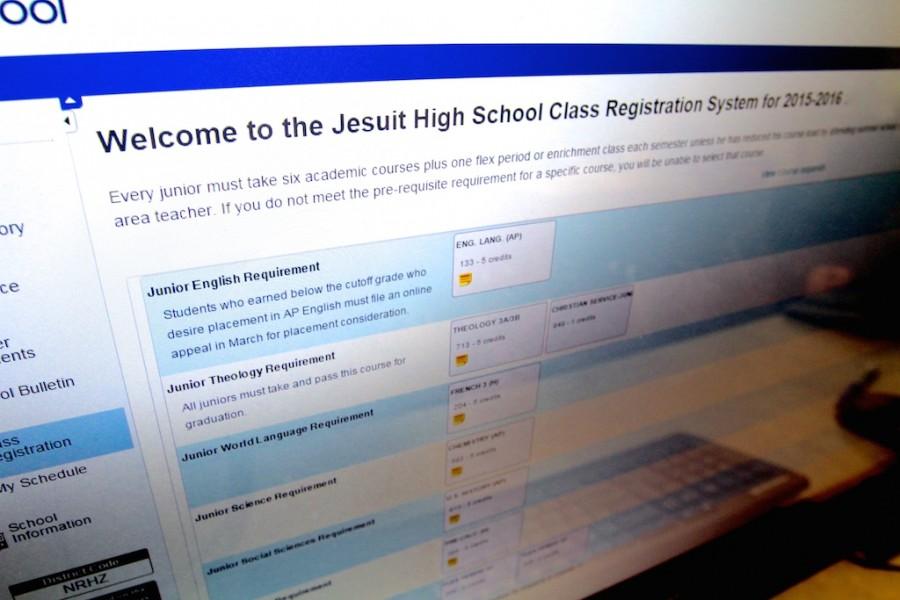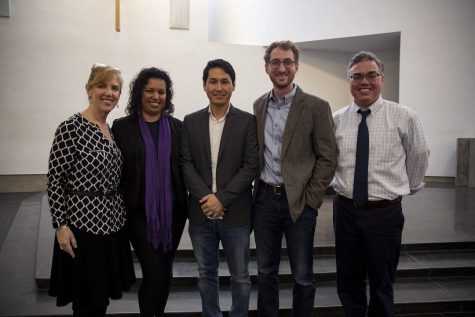Scheduling for advanced classes
Chief among the academic challenges that Jesuit High School has to offer to its students are the accelerated courses, consisting of XL (Excel), Honors, and AP (Advanced Placement) programs in almost every subject. Taking accelerated courses can be a challenging but rewarding experience when balanced correctly with the rest of one’s schedule.
However, misunderstanding these demanding courses, their requirements, and their upsides and downsides can lead to a large amount of confusion on the student’s part when faced with the decision of whether or not to make such a commitment. These mistakes are more prone to be made by freshmen.
Accelerated classes come in the three varieties listed above: XL, Honors, and Advanced Placement. All three grant the student an additional GPA point, but different colleges have varied methods of GPA calculation, so this extra point may or may not be considered outside of Jesuit.
“[However,] with that comes additional work; the expectation on the part of the teachers is that students will perform at a higher level in terms of the amount of work that they do…so there’s more critical thinking that is required,” said David Zielke, scheduling director, warning students about the temptation of a higher GPA.
XL classes are directed primarily towards freshmen and sophomores with the intention of preparing them for the extra work and high level thinking that come with an AP class during their upperclassman years. Honors classes are more of an intermediate between the preparatory XL and demanding AP classes, and they are accepted for college credit in some universities but not all. Last but most certainly not least, are the AP classes.
AP classes are college level courses directed towards highly motivated students that consist of a heavy workload during the school year, followed by a national standard AP test given at the end of the year. These AP tests are graded on a scale of 1-5, five being the highest. If a student earns a score of 3 or above, most colleges will give the student credit for the class (e.g. If a student earns a 3 or greater in an AP US History course, then they may not be required to take the same course in college).
With such advantages and disadvantages for taking accelerated courses being apparent, one might wonder when they should take such classes. Mr. Zielke states that if, for example, one is getting a B+ or above in an accelerated math class it would be wise to stay, while if a student is earning a high A or A+ in a normal class it would be wise to speak to their teacher or counselor to hear their advice on whether to take the advanced course (it is also possible to view course prerequisites on the departments page of the Jesuit website).
However, the final decision to apply to the course is up to the student. “If you have to do more work, would you rather work in a course you like or a course that you dislike? It’s not a punishment to have to do more work in a subject that you like and are interested in,” Mr. Zielke said, directed at the prospective accelerated student.
Overall, in terms of accelerated classes it is of the utmost importance to keep the old adage “time flies when you’re having fun” in mind.
















